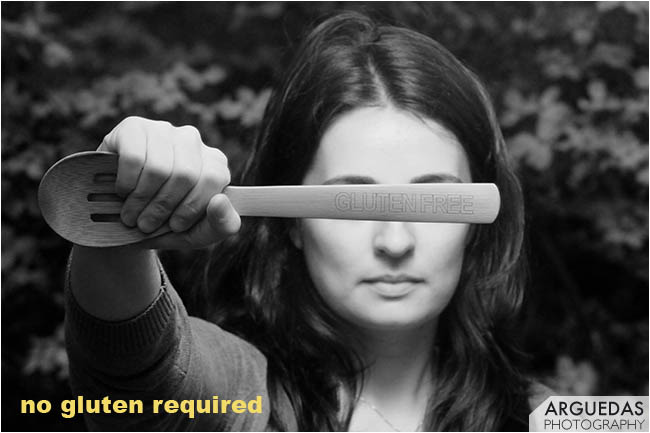I had to cover my face to hide my tears at work. I started reading the latest NYT piece on food allergies fully intending on ripping it to shreds. (A friend and I have a fun game of sharing food-related blogs and articles and then getting to talk about what is missing, what is assumed, food access and privilege It is fun! It reminds me about my favorite parts of being in the Gastronomy masters program.)
So I opened up the link ready to bring the fierce. I was not going to get suckered in by beautiful writing (the clean, tight, yet descriptive prose that pulls you in and is so good you stop looking for flaws). I was not going to let the human stories blind me to the fact that so many people in this country still don't have access to affordable healthcare, that don't have the time or money to get a proper diagnosis. I tucked into this piece ready to hate it.
And then I started to weep.
Dr. Kari Nadeau's caring, compassion, and understanding overwhelmed me. The way she interacts with her patients, their families, and understands that her work does not end at 5pm is key. More than key, it is essential, but so rare. I understand completely the need for healthy boundaries - where care giving professionals need to draw lines between what is and isn't appropriate, but what is great is to see when care givers realize the need to traverse those lines. Accepting a phone call on her vacation to help patients and parents deal with life-threatening conditions is what that family needed at that exact moment.
Tears streamed down my face for those families, for that doctor, for those times where I have held hands of those in pain, and for the times when I wanted - no needed - a doctor or nurse to feel for me and understand. I wept for the handful of times I have received that type of care.
I cried for the fear that comes with not being able to eat food, and still not having adequate packaging information; for the sheer panic shared meals can cause. I cried for being told last night that my favorite local food spot no longer feels comfortable serving people with food allergies because they have changed up their menu. I bit the inside of my lip and forced a smile on my face telling the server I was grateful for her telling me, being honest, and it was so much better to know than to be sick. And I cried because I still have hope that someday, just maybe, I took might get to eat gluten again.
But mostly, I am crying happy tears, because for the first time in 6 years I have a doctor who "get's it". I wish I didn't feel so lucky, that this feeling of compassion, understanding, listening, and engaging with patients was common. I know how rare it is, and how many disparities keep people from getting care and information. Tomorrow I can take others to task for missing out on important facts, talking about why certain disease get attention while others aren't funded, ignoring race, class, gender, age, and language that make access so unequal. Knowing these things is not enough, but for today I am going to acknowledge my privilege and love this article.
The full article, worth a complete read, possibly with a side of tissues:The Allergy Buster: Can a Radical New Treatment Save Children With Severe Food Allergies?



No comments:
Post a Comment